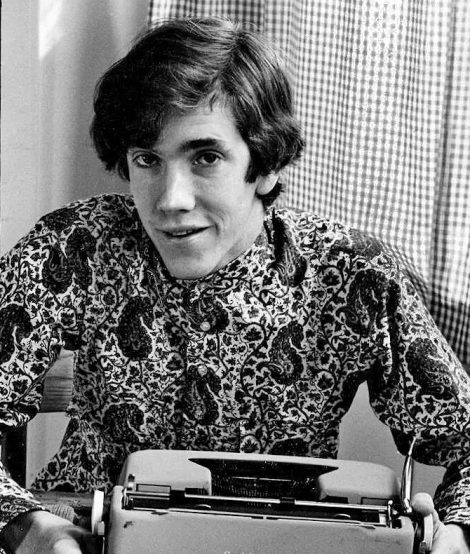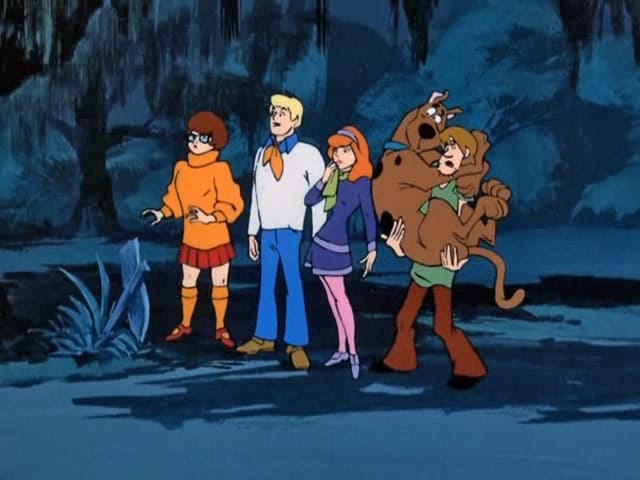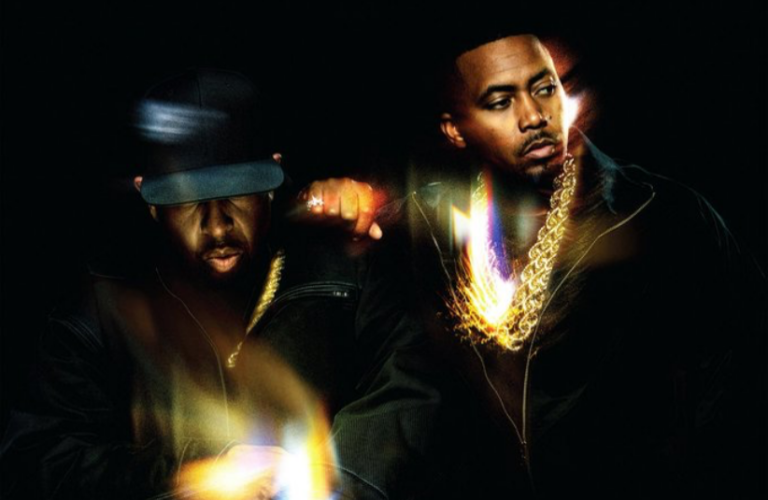Michael Lydon, Legendary Founding Editor of ‘Rolling Stone,’ Dies at 82
Let’s talk about Michael Lydon, shall we? Any conversation about music journalism history that skips over the legendary Michael Lydon Rolling Stone era simply doesn’t understand its roots. He wasn’t just some journalist snug in a chair scrawling words for a paycheck; Lydon was that guy. The original assistant editor of Rolling Stone when it was literally just a group of scrappy dreamers squeezed into a dusty San Francisco loft. And yeah, back then, “loft” was just a polite way of saying, “We can hear the mice loudly debating under the floorboards.”
How Michael Lydon Redefined Music Journalism
Before joining Jann Wenner’s passion project (Rolling Stone, for anyone who’s been living under one), Lydon was cutting his teeth at Newsweek, covering everything from the London invasion to the psychedelic explosion in San Francisco. But his dissatisfaction with Newsweek’s nameless grind pushed him toward riskier, bolder waters. And when Wenner pitched Rolling Stone, spotlighting not just stars but the entire ethos of ’60s rock culture, Lydon jumped. Bold move, given the paychecks were probably “questionable” at best.
His contributions? Oh, just some light investigative journalism, like exposing financial shenanigans behind the Monterey Pop Festival in Rolling Stone’s very first issue. That’s right, the man launched with a mic drop. “This wasn’t going to be some fanzine,” Lydon explained years later. Fawning over rock stars? Nope. He brought critique, investigation, and grit to a magazine that would soon define an entire generation.
Beyond the Byline
Freshly relocated from London to San Francisco in 1967, Lydon took to the streets (and, okay, probably a few hazy warehouse concerts) in search of stories. He hit the Human Be-In at Golden Gate Park, a seminal moment where Jefferson Airplane and Grateful Dead performed live. “A gathering of the tribes,” as he called it. Yes, this was the hippie-power nucleus that would ignite an entire cultural movement.
But his work didn’t stop with monumental events. He rewrote what it meant to cover the music revolution by blending narrative storytelling with intellectual rigor. Whether writing about Janis Joplin’s whiskey-soaked magic or Smokey Robinson’s soulful genius, Lydon brought the genre’s raw humanity to the page.
And not enough folks talk about how poignant his takedowns could be. A prime example? His 1967 review of Jimi Hendrix’s Get That Feeling LP, where he called it “an embarrassment.” Direct much? Maybe. Necessary? Absolutely.
Building Rolling Stone from Nothing (Literally)
Just imagine it for a second. The first days of Rolling Stone were anything but glamorous. They worked above a printing press in Brannan Street’s loft. No signage. Dust for days. Lydon and the team hustled not for fame, but because they believed they were building something. That first issue’s chaotic birth? The press started going “kabunk, kabunk” (his words, not mine), and out came issues hot off the machine, still wet with ink. Champagne bottles popped. History made.
The proof of success? Immediate feedback from readers and even rock icons like Eric Clapton. You know you’re doing something right when legends shoot you fan mail.
The Rock ‘n’ Roll Pantheon and Beyond
After stepping away from Rolling Stone, Lydon didn’t just fade into obscurity. He penned Rock Folk in the early ’70s, a book capturing the crests and troughs of the music world. Think of it as portraits from the rock world’s Mt. Olympus, a place where Chuck Berry riffs alongside Joplin’s soulful wails.
Oh, and did I mention his foray into music itself? Alongside his wife Ellen Mandel, Lydon brought the same heartfelt energy to folk club performances. From subway serenades to coffeehouse gigs, the man lived and breathed creativity.
Why Michael Lydon Still Matters
Michael Lydon was never just a journalist. He was a bridge between the music and the people who loved it. His career intersected with what might be arguably described as the most exciting time in rock history. And boy, did he deliver! From immortalizing the Woodstock generation’s magic to redefining what rock journalism could be, his work remains a masterclass in artistic authenticity.
Significance in Music Journalism History
Today, as conversations about the future of journalism unfold, Lydon’s legacy is a reminder of why grit and passion matter. He joined a ragtag operation that many doubted would work (Rolling Stone wasn’t on anyone’s bingo card for success back then), and he turned it into the gold standard for music journalism. Think of Michael Lydon Rolling Stone and the Rock ‘n’ Roll Pantheon as a love letter to an era that redefined culture.
For those dreaming of leaving a legacy? Start scrappy, but aim bold. No lofty office space or shininess required. After all, the original Rolling Stone loft didn’t even have a sign—but it had visionaries like Michael Lydon.







